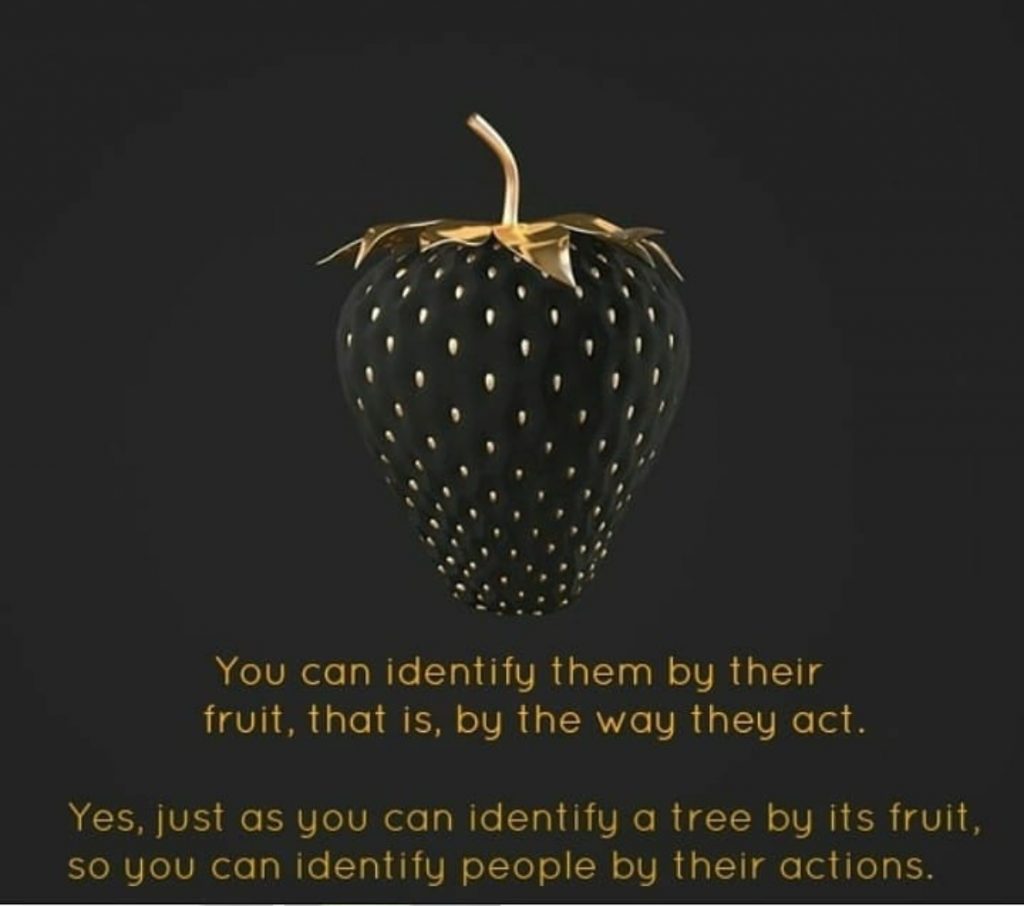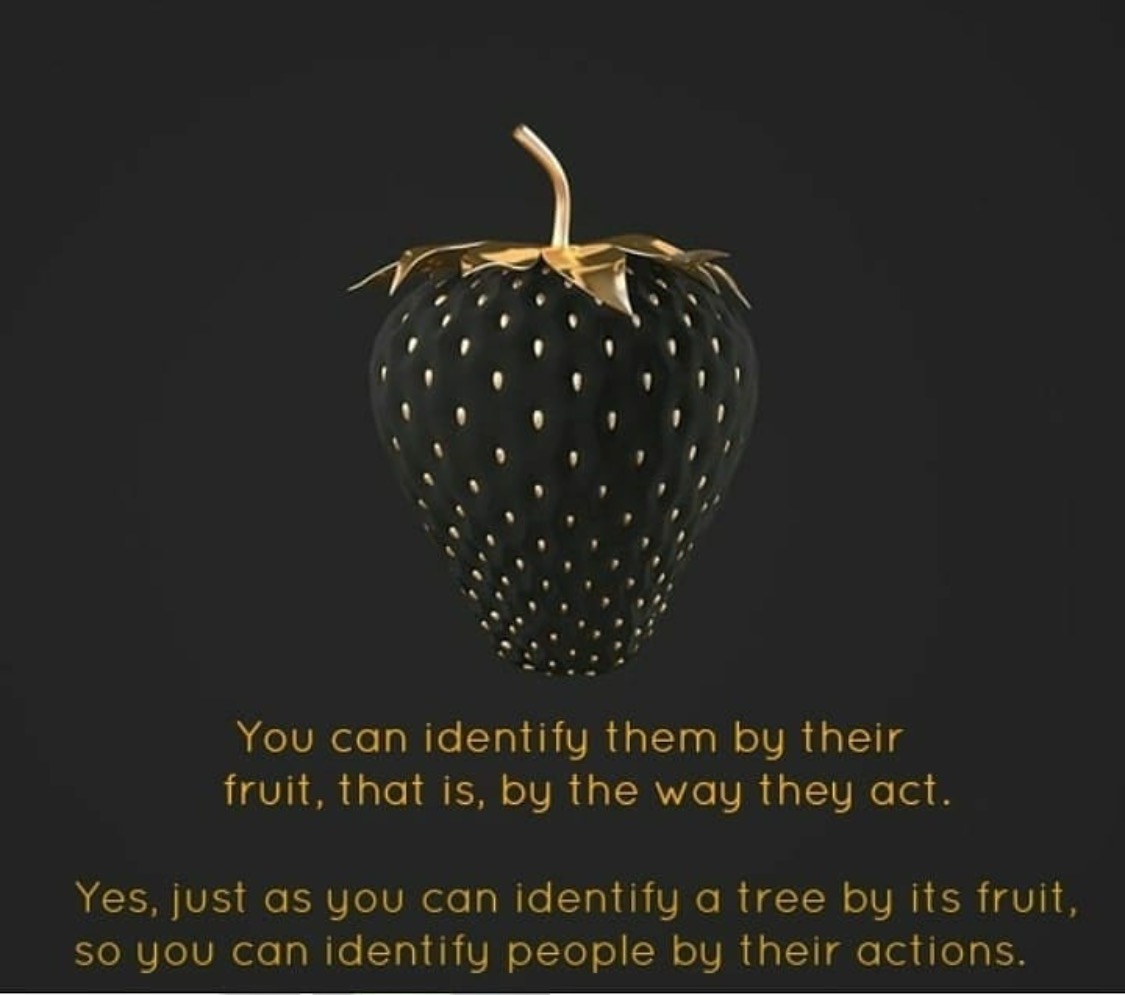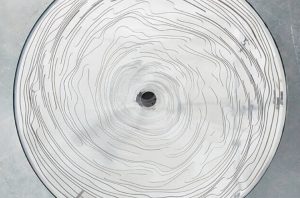
This happens more often than most people probably think. I am one who has adopted a reasonable faith, and many others have. In fact, I have been associated or at least acquainted with hundreds of churches and Christian organizations around the US and the world, and most of them have a sizable core of individuals who came to their faith late in life, as adults.
This phenomenon is well known in most Christian communities, even if many critics of faith are unaware of how often it happens.
At least it happens often enough to undercut the often erroneous charge some like to make about almost all “religious people” being “indoctrinated” or even “brainwashed” into their faith. My story is a case in point.
I am a former atheist and now a Christian.
First I want to emphasize this. I have answered similar questions and been accused of not being a “real” atheist, not because of any way I answered, but simply because I adopted the Christian faith.
On at least one occasion, a guy called me a “fanatic” and flat out accused me of lying. He assumed I was a raised in a Christian home and made some accusations based on those assumptions. In reality, I was not a Christian until I was 25, and was not raised Christian. I told him…
How often do we read the definition of an atheist as one who simply has no belief in any god or gods? How often is such a definition not only quoted, but insisted upon, drummed into our heads, yelled at the top of the lungs again and again, repeated endlessly whenever it is questioned in any way, sworn up and down, and any suggestion to the contrary adamantly denounced, trounced, discredited, ridiculed, and shouted down in no uncertain terms?
How many times are we told that this is ALL it is, that’s it, that’s everything we need to know about what an atheist is or is not, and there are no two ways about it?
Somehow, when the subject of a “former atheist” comes up, all of a sudden, the bar is set much higher. All of a sudden, the atheist must understand and be able to refute Pascal’s Wager, must understand how to defend the non-faith, must be able to quote the exact dictionary definition of all varieties of atheist, gnostic atheist, agnostic atheist, strong atheist, etc. etc. “He can’t have been a real atheist, he can’t even quote the American Atheist’s definition verbatim!”
From the time I was in junior high school until I was 25, I had no belief in any god or gods, no belief in any afterlife, no belief in any supernatural occurrences, no belief in any miracles, no religion, no desire for any religion, and I considered myself and defined myself as an atheist. I was an atheist, and yes, I was a “real” atheist by every possible definition.
I had rejected any idea that there was a god of any kind, I believed I would simply turn to dust when I died. I came to this conclusion at the age of about 12, and was more adamant about it with each passing year.
Then, when I reached 25, I once found myself on the Oregon Coast, just south of a place called Cape Sebastian.
It was a full moon night, and I stopped to rest on this beach. Looking at the rock formations, I wondered how they got there. The waves formed them. But what formed the waves? The tides, the wind? What caused those things? And what caused the things that caused those things? What was the first thing that caused the first thing?
I began to dwell on my career choice. I was and am a graphic designer. Explaining that to people is not always easy.
• So, you’re a cartoonist?
• No, graphic designer.
• Huh?
• I design things for print. Like this brochure here…
• But this doesn’t have any cartoons in it!
• Designer. Not cartoonist.
• Well, did you take this photograph?
• My photographer did.
• Did you do this lettering?
• On my computer.
• Did you print it?
• My printer did.
• Oh yeah, well what did YOU do then?
[by now exasperated] I DESIGNED it you imbecile! A printer reproduces the piece that I create, he doesn’t create 5000 of nothing out of thin air! To create it, someone has to decide what image to use, how big, where to place it, how to crop it, what typefaces to use, where to place them, how big, all caps or lower case, how many columns, what colors, and dozens of other decisions that must be made by someone. Then, someone must put all that together and prepare it for the printer. It doesn’t JUST HAPPEN!
It occurred to me that the rock formations didn’t “just happen” either. They had a cause. Which had a cause. Which had a first cause. And this first cause could not have come from nothing any more than 5000 brochures come from nothing.
So something had to have always existed. Or nothing could exist. Could the universe have always existed? Well, no, it’s moving, and diverging. It started someplace. And from something, not nothing.
Could the thing that started the universe have always existed and just “decided” that it was time to start expanding or whatever it was doing? That didn’t make any more sense to me than cartoons.
So there are things like photosynthesis, plants that take in carbon dioxide and produce oxygen, which humans and animals need, and animals that do the opposite, which plants need.
And the water cycle, and revolutions of the planets around the sun, and other suns. This is starting to sound planned. Like my brochure. “Plan” is a synonym for “design.” I’m a designer, not a cartoonist. The universe had a designer, not a cartoonist.
The universe had to have been planned. In other words, designed. So the something that had to have always existed had to be intelligent, because it takes intelligence to design things. To plan things.
The “something” that always existed, had to therefore have been a “someONE.” Oh my god, that’s the definition of GOD! I have been thinking of the Creator of the universe as if he were just a cartoonist when He’s actually a DESIGNER!
But “who designed God?”
This did not answer my question, it only postponed the problem: there had to be at least one eternal, uncreated thing for anything to exist.
Why can’t the universe itself (or its pre big bang state) be the pre-existent, eternal, uncreated thing? The answer is two-fold:
1. The universe is in a transient state, moving outward from a singular event (the big bang) proving that it cannot be constant. It had a beginning, meaning it is neither eternal nor uncreated.
2. Design. The opposite of design is random, arbitrary, unplanned, haphazard, erratic, accidental. Countless processes in the universe defy such descriptions. Since the universe shows signs of intention, aim, purpose, objective, pre-thought, planning, (synonyms of “design”), an inanimate universe is not an adequate explanation. It had to be a self-aware, intelligent, eternal being, which believers define as God.
Thus, the “who designed your god?” argument is not even talking about the same subject I was contemplating. I was looking for a plausible answer, not another question.
The only possible final answer I could conceive was, there had to be at least one already-existent entity, always being, always existing, always intelligent and self-aware: The Designer.
Any other possible view is not an answer, only a postponement of the question.
All this I thought while standing on the beach on a moonlit night near Cape Sebastian.
In the following year, I read everything I could about gods and God. Das Energi told me I was god. The Bhagavad Gita could not explain any better. Where was I going to find the designer?
I eventually came to the conclusion that I was flawed. I was a “good person.” I usually tried to do the right thing. But I couldn’t always. Sometimes I did the selfish thing instead. Something was broken. Shouldn’t I always be able to do the thing I wanted (the good, moral, and right thing) without being pulled in the direction of the thing I didn’t want to do (the selfish, bad, less moral thing)?
It seems I should. But no one seems to be able to always do this. No one is perfect. Far from it. Why?
Because we had turned from this Designer and this had blinded us to Him.
This revelation fit the Christian God, because only the Christian God had a plan for reconciling humankind to himself, even though we had rejected Him, even though we had this pull to so often make the wrong choices.
As strange and irreversible change came after I read the Gospel of Matthew in the Bible. I realized that I believed it, resurrection and all.
Looking back, I now know that this meant I was already a Christian at that point, but all I knew then was that this knowledge had changed me somehow.
My car was in a shop 13 miles from my house. I walked to the nearest bus stop, but the walking helped me to think, so I walked past the next few, thinking about why I was now different.
Before I knew it, I’d walked the entire 13 miles. Something profound had definitely happened to me.
See, I now am convinced that I felt so different because God had reconnected with me through the knowledge of his son Jesus.
But you have to understand, I didn’t know any of this then, it took weeks of reading and studying before I would get that this meant I am no longer atheist but now Christian.
I don’t see Buddhism, nor other faiths, nor any “philosophy of life” as having that same kind of power to change someone from the inside.
That’s because these other disciplines are outward changes, behavioral changes, not a fundamental change from the inside.
I didn’t need a behavioral change. I didn’t actually DO the bad things all humans thought of doing, and some humans actually do. I just had a nature that would do things like that if circumstances were right.
I needed to change from the inside. And I had.
See, this “nature” that we all share is what has separated us from the Designer.
“Being good” on the outside isn’t going to bridge that gap.
Only a change from the inside can.
Only reconnecting with the Designer can.
And some time later, I found that this is what Jesus was for.
That’s why it’s the Christian God. Not some just some “religion.” Not some philosophy. And not “being good to get to heaven.” God as just a big “scorekeeper in the sky” makes no sense.
I needed to change from the inside. And I had.
All these were the conclusions I came to in the year following my revelation at Cape Sebastian.
When I realized that I was no longer an atheist, I was not sure what I was now.
Eventually, I realized that the word for what I had become, is Christian.





